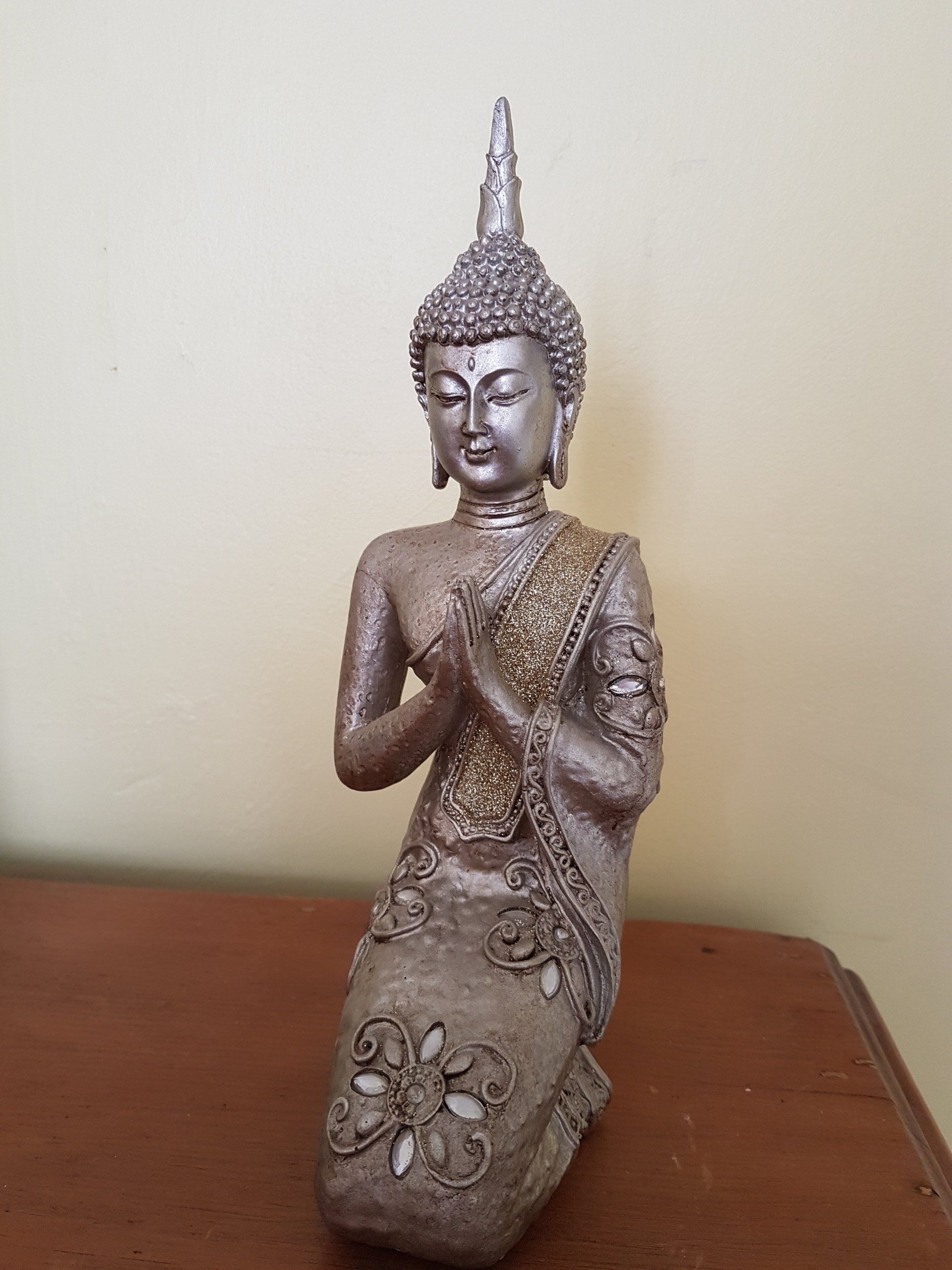Schizophrenia
If you would like more information telephone
( 44) 08454670612 or
( 44)07593809574 or
email us
Schizophrenia is a common mental illness. The symptoms of the condition including hearing voices and seeing visual hallucinations. This page will help you understand more about diagnosis, treatment and recovery.People with the condition are often not aware that they have it until a doctor or counsellor diagnoses them. Sometimes they do not even realise that something is seriously wrong. If they do happen to notice symptoms, like not being able to think straight, they might chalk it up to things like stress or being tired.
Positive Symptoms of Schizophrenia: Things That Might Start Happening
Positive symptoms are highly exaggerated ideas, perceptions, or actions that show the person can’t tell what’s real from what isn’t. Here the word "positive" means the presence (rather than absence) of symptoms. They can include:
Hallucinations. People with schizophrenia might hear, see, smell, or feel things no one else does. The types of hallucinations in schizophrenia include:Auditory. The person most often hears voices in their head. They might be angry or urgent and demand that they do things. It can sound like one voice or many. They might whisper, murmur, or be angry and demanding.Visual. Someone might see lights, objects, people, or patterns. Often it’s loved ones or friends who are no longer alive. They may also have trouble with depth perception and distance.Olfactory and gustatory. This can include good and bad smells and tastes. Someone might believe they’re being poisoned and refuse to eat.Tactile. This creates a feeling of things moving on your body, like hands or insects.Delusions. These are beliefs that seem strange to most people and are easy to prove wrong. The person affected might think someone is trying to control their brain through TVs or that the FBI is out to get them. They might believe they're someone else, like a famous actor or the president, or that they have superpowers. Types of delusions include:Persecutory delusions. The feeling someone is after you or that you’re being stalked, hunted, framed, or tricked.Referential delusions. When a person believes that public forms of communication, like song lyrics or a gesture from a TV host, are a special message just for them.Somatic delusions. These centre on the body. The person thinks they have a terrible illness or bizarre health problem like worms under the skin or damage from cosmic rays.Erotomanic delusions. A person might be convinced a celebrity is in love with them or that their partner is cheating. Or they might think people they’re not attracted to are pursuing them.o Religious delusions. Someone might think they have a special relationship with a deity or that they’re possessed by a demon.o Grandiose delusions. They consider themselves a major figure on the world stage, like an entertainer or a politician.Confused thoughts and disorganised speech. People with schizophrenia can have a hard time organising their thoughts. They might not be able to follow along when you talk to them. Instead, it might seem like they're zoning out or distracted. When they talk, their words can come out jumbled and not make sense.Trouble concentrating. For example, someone might lose track of what's going on in a TV show as they're watching.Movement disorders . Some people with schizophrenia can seem jumpy. Sometimes they'll make the same movements over and over again. But sometimes they might be perfectly still for hours at a stretch, which experts call being catatonic. Contrary to popular belief, people with the disease usually aren't violent.
Hallucinations. People with schizophrenia might hear, see, smell, or feel things no one else does. The types of hallucinations in schizophrenia include:Auditory. The person most often hears voices in their head. They might be angry or urgent and demand that they do things. It can sound like one voice or many. They might whisper, murmur, or be angry and demanding.Visual. Someone might see lights, objects, people, or patterns. Often it’s loved ones or friends who are no longer alive. They may also have trouble with depth perception and distance.Olfactory and gustatory. This can include good and bad smells and tastes. Someone might believe they’re being poisoned and refuse to eat.Tactile. This creates a feeling of things moving on your body, like hands or insects.Delusions. These are beliefs that seem strange to most people and are easy to prove wrong. The person affected might think someone is trying to control their brain through TVs or that the FBI is out to get them. They might believe they're someone else, like a famous actor or the president, or that they have superpowers. Types of delusions include:Persecutory delusions. The feeling someone is after you or that you’re being stalked, hunted, framed, or tricked.Referential delusions. When a person believes that public forms of communication, like song lyrics or a gesture from a TV host, are a special message just for them.Somatic delusions. These centre on the body. The person thinks they have a terrible illness or bizarre health problem like worms under the skin or damage from cosmic rays.Erotomanic delusions. A person might be convinced a celebrity is in love with them or that their partner is cheating. Or they might think people they’re not attracted to are pursuing them.o Religious delusions. Someone might think they have a special relationship with a deity or that they’re possessed by a demon.o Grandiose delusions. They consider themselves a major figure on the world stage, like an entertainer or a politician.Confused thoughts and disorganised speech. People with schizophrenia can have a hard time organising their thoughts. They might not be able to follow along when you talk to them. Instead, it might seem like they're zoning out or distracted. When they talk, their words can come out jumbled and not make sense.Trouble concentrating. For example, someone might lose track of what's going on in a TV show as they're watching.Movement disorders . Some people with schizophrenia can seem jumpy. Sometimes they'll make the same movements over and over again. But sometimes they might be perfectly still for hours at a stretch, which experts call being catatonic. Contrary to popular belief, people with the disease usually aren't violent.
Cognitive Symptoms & Thinking Problems
These symptoms reflect how well the person’s brain learns, stores, and uses information.Someone with schizophrenia might have a hard time with their working memory. For example, they may not be able to keep track of different kinds of facts at the same time, like a phone number plus instructions.Along with having trouble paying attention, it can be hard for them to organise their thoughts and make decisions.














